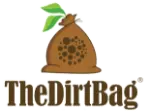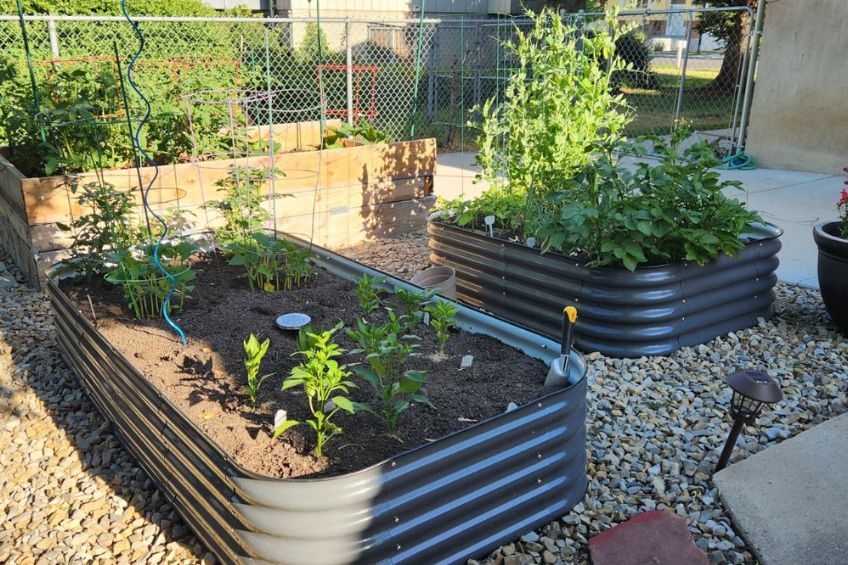

The soil serves as the foundation for any healthy garden. High-quality soil is critical to the health of your plants, influencing everything from root development to nutrient absorption. Poor soil can weaken plants, limit yields, and make them more susceptible to pests and diseases. Soil improvement is critical for home gardeners who want to increase their production. The Dirt Bag provides a variety of solutions to improve soil quality, allowing your vegetable and herb gardens to thrive.

Choosing the correct soil additions and products can significantly boost your garden's productivity. The Dirt Bag offers Garden Soil Plus, a high-quality garden soil geared to the demands of vegetable and herb gardens.
The Dirt Bag's organic compost adds nutrients to the soil, improves soil structure, and increases water retention. It's ideal for adding to garden beds before planting or as a top dressing throughout the growing season.
The Garden Soil Mix blends organic compost, topsoil, and other natural materials to create a well-balanced growing medium. This mix is perfect for raised beds and container gardening, as it provides a nutrient-dense environment for plants.
Worm castings are a highly effective organic fertilizer that promotes plant growth and health. They are high in beneficial bacteria and nutrients and can be mixed into the soil or applied as a top dressing to plants.
Proper soil preparation plays an important role for maximum production. Begin by analyzing your soil's pH and nutrient levels to determine which amendments are required. To boost soil fertility and structure, use organic compost or The Dirt Bag's garden soil mix.
Aerating the soil improves air and water penetration, which promotes healthy root growth. This can be done manually with a garden fork or with a machine aerator on bigger areas.
A layer of organic mulch helps to maintain soil moisture, control weeds, and regulate soil temperature. Mulch also degrades over time, introducing valuable organic materials to the soil.
Crop rotation helps to avoid soil depletion and reduces the likelihood of pest and disease accumulation. Crop rotation involves planting various vegetable families in the same location each season.
Keeping a healthy garden frequently requires dealing with pests and diseases. Using organic approaches to address these issues assures that your produce is safe and free of chemicals.
Beneficial Insects
Introduce beneficial insects such as ladybugs, predatory beetles, and parasitic wasps to help decrease pest populations naturally. These insects prey on common garden pests, keeping their populations under control.
Neem Oil
Neem oil is a highly powerful organic pesticide and fungicide. It is effective against a wide range of pests and diseases, including aphids, spider mites, and powdery mildew. Simply dilute according to the directions and spray the afflicted plants.
Companion Planting
Planting specific mixes of vegetables and herbs can assist to prevent pests and promote plant health. Marigolds, for example, can resist worms, whilst basil placed near tomatoes improves their flavor and growth.
To enjoy the results of your labor, you must understand the best procedures for harvesting and storing produced produce. Pick vegetables and herbs at their optimal maturity for the maximum flavor and nutritional value, using sharp, clean equipment to prevent plant damage. Harvest leafy greens early in the morning, when they are the most hydrated. Proper storing increases the shelf life of your produce. Root vegetables, such as carrots and potatoes, should be stored in a cool, dark location, whereas leafy greens and herbs can be kept in the refrigerator. Blanching and freezing are also great ways to store excess harvests.
Maximizing your garden's produce with The Dirt Bag's goods and strategies is a worthwhile endeavor. By focusing on soil quality, applying the correct nutrients, and practicing organic gardening, you may ensure a plentiful harvest of tasty, homegrown produce.